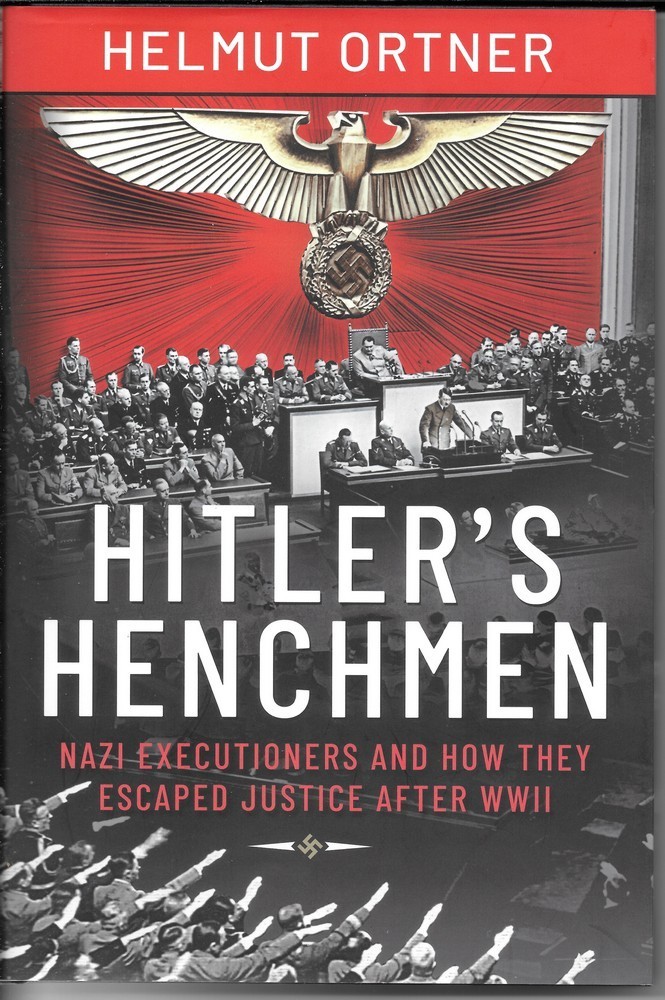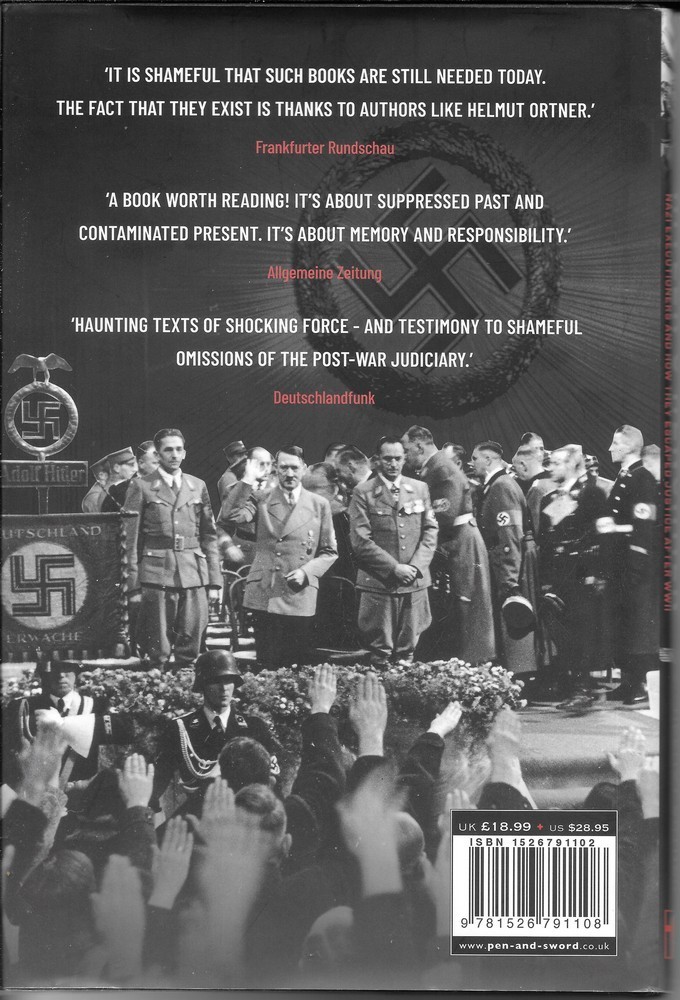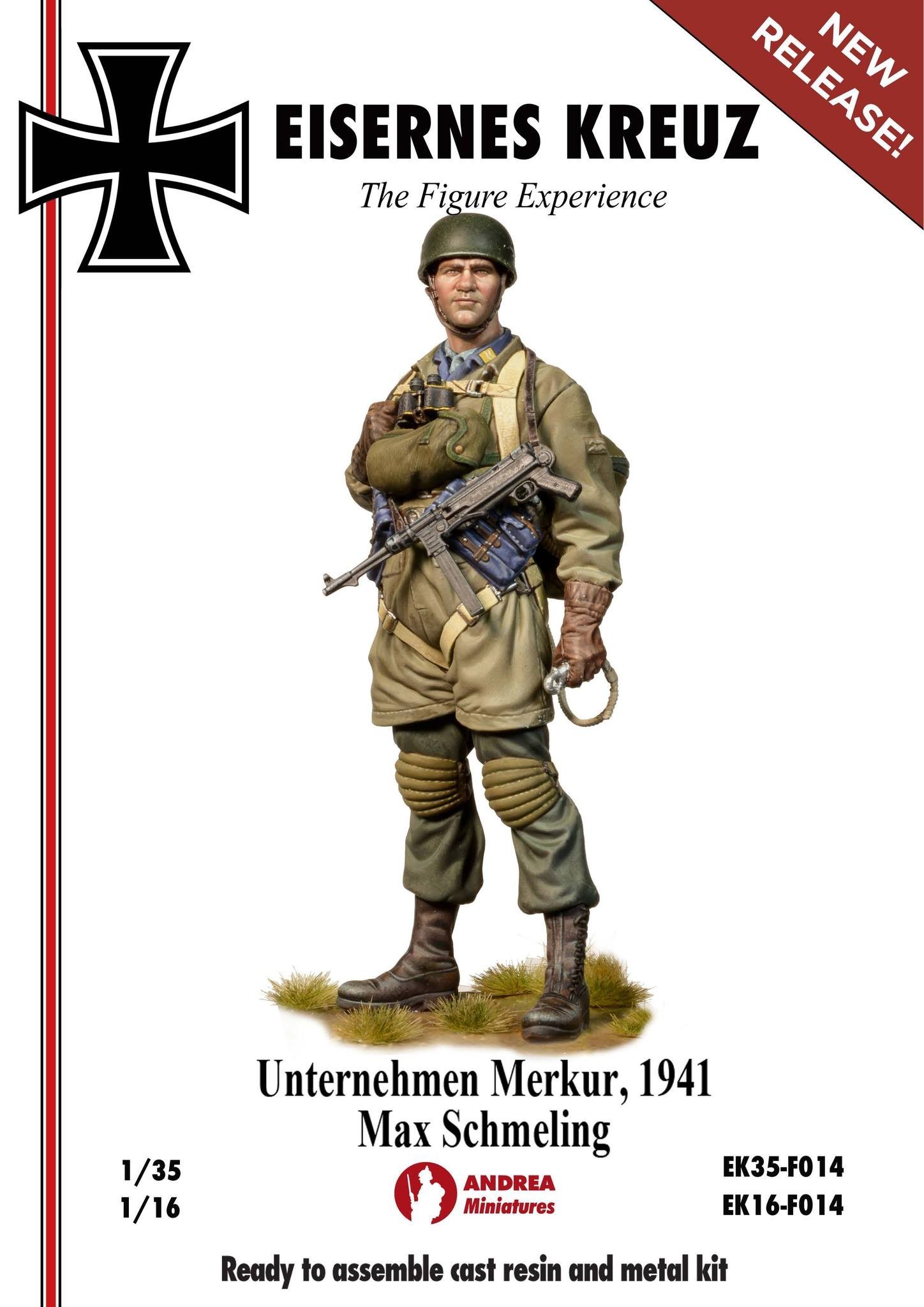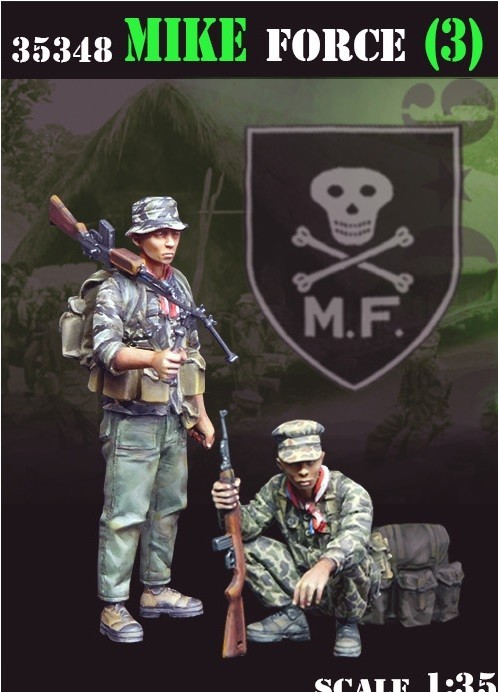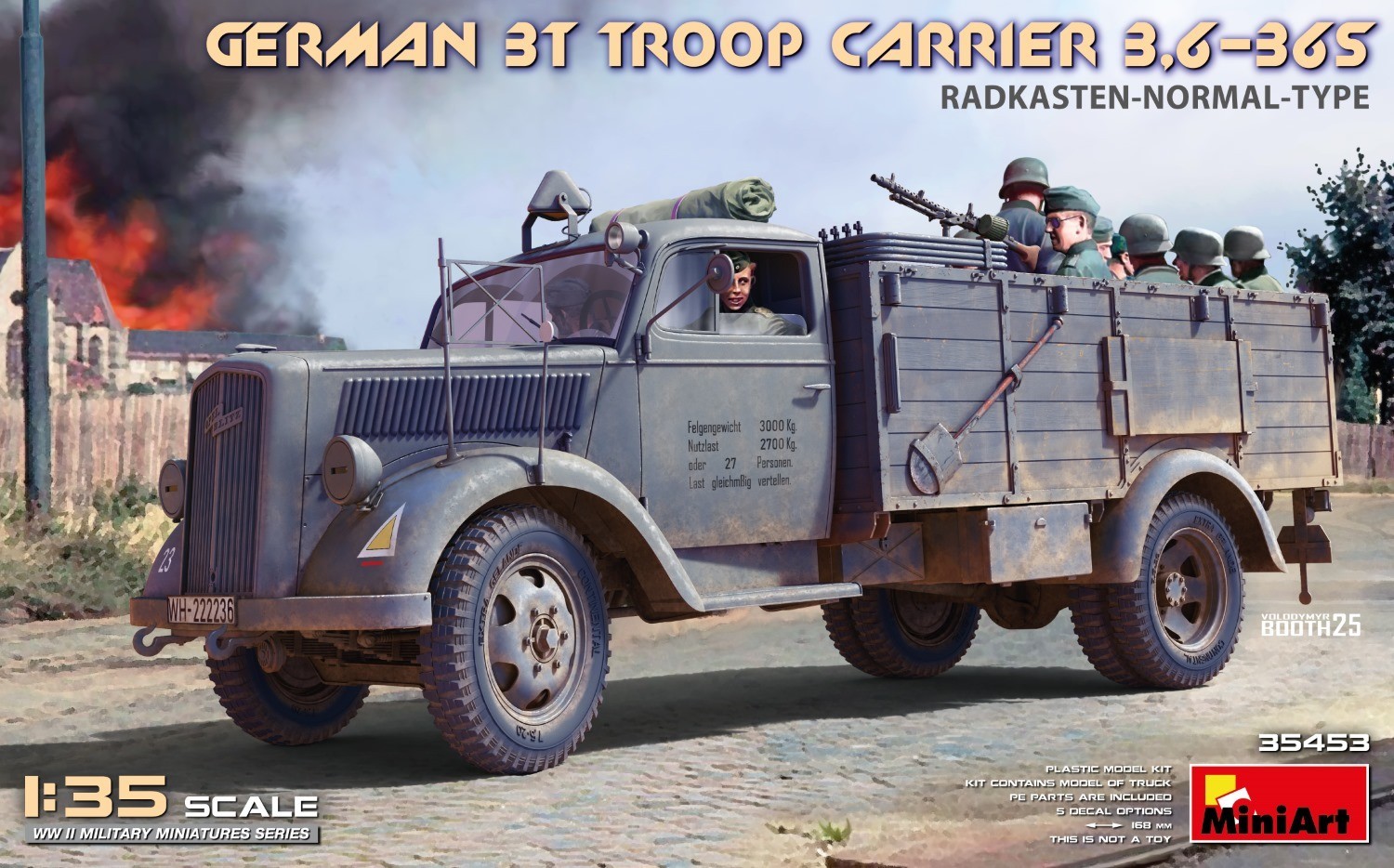Brief History
After the end of the Second World War, the Allies brought the leading civilian and military representatives of wartime Germany and Japan to trial on charges of war crimes, crimes against peace and crimes against humanity.
Between 1939 and 1945, Nazi Germany invaded many countries across Europe, inflicting 27 million deaths in the Soviet Union alone. Proposals for how to punish the defeated Nazi leaders ranged from a show trial (the Soviet Union) to summary executions (the United Kingdom). In mid-1945, France, the Soviet Union, the United Kingdom, and the United States agreed to convene a joint tribunal in Nuremberg, with the Nuremberg Charter as its legal instrument. Between the 20th of November 1945 and the 1st of October 1946, the International Military Tribunal (IMT) tried 21 of the most important surviving leaders of Nazi Germany in the political, military, and economic spheres, as well as six German organizations. The purpose of the trial was not just to convict the defendants but also to assemble irrefutable evidence of Nazi crimes, offer a history lesson to the defeated Germans, and delegitimize the traditional German elite.
Review
This book from publishers Pen & Sword is based on Hitler’s Henchmen Nazi Executioners and how they escaped justice after World War 2.
The book is hardback with a glued spine and a pagination of 111.
The Author Helmut Ortner Born in 1950 in Burgkirchen an der Alz, Germany, Helmut Ortner has written over thirty books, mostly on social topics and on issues of justice. Helmut's previous works include The Lone Assassin, the remarkable true story of Georg Elser, a German worker who planned and carried out an elaborate, but unsuccessful, assassination attempt on Adolf Hitler and other high-ranking Nazi leaders at the Bürgerbräukeller in Munich on 8 November 1939. Helmut's books have been translated into many languages. He lives in Frankfurt am Main, Germany.
Contents
Prologue
In the past in the present, Mr Hanning is on trial
Dossier I
The “Honourable” Gentleman from Marburg
How a military judge made a career after 1945
Dossier II
“There has to be an end at some point”
The neighbour: a concentration camp murderer
Dossier III
A Death Sentence
Or the second career of Roland Freisler
Dossier IV
The Man at the Guillotine
A German Executioner’s life
Dossier V
The Forgotten Heroes
Resistance Fighters Georg Elser and Maurice Bavaud
Epilogue
The Furhrer Lives
Or: Hitler as a media pop star
Notes and references
Bibliography
In Detmold, Westphalia, a trail that had attracted Worldwide attention came to an end in June 2016. In the dock was a 94-year-old man: the former Auschwitz SS guard Reinhold Hanning. Although the judges could not prove his direct involvement in the crime, he was sentenced to five years in prison on at least 170,000 counts of being an accessory to murder. Unusual verdict. During the trial, Hanning did what most of his generation had done for the seventy years when it came to what they did between 1933 and 1945: he remained silent.
Hanning was deployed to Auschwitz from 1943 to 1944, and during his trial, he admitted to having been a member of the SS at a Nazi death camp and knowing about the mass murder that occurred there. The defence had asked for an acquittal. In its view, no evidence of its client’s direct involvement in the murders had been presented at the trial. At no point did he kill or help to kill anyone he had only done his duty as a guard.
In a statement, Hanning expressed remorse about his SS membership I am ashamed that I saw injustice happen before my eyes and did nothing to stop it. He wished he had never been to the concentration camp.
It was clear he was being sincere, but the court still had doubts. “There was no opportunity to know the real Reinhold Hanning” the judge stated soberly. the joint plaintiffs we're certainly not convinced by the former SS Man’s sincere remorse.
Reinhold Hanning was sentenced to five years in prison I believe that he died before the sentence his sentence started.
This book centres on four main perpetrators military lawyer Erich Schwinge, who, after his dubious Nazi work at the University of Marburg made an academic career as a law professor, commentator and author and became a respected citizen of the city.
Arnold Strippel left a trail of blood as a brutal concentration camp guard in numerous camps. He was initially imprisoned after the war and was then acquitted on appeal and released soon afterwards, before receiving a large sum of money compensation for loss of earnings
Roland Freisler was the President of the people’s court who sentenced the Scholl siblings, the resistance fighters of 20th July and more than 3,000 other “enemies of the state and defeatists” to death.
Finally, the executioner Johan Reichhart worked for three different employers: the Weimar Republic, National Socialism and later in Landsberg under the American occupation forces between 1924 and 1945 he carried out 3,126 executions 250 of whom were women.
The book takes you on a journey primarily about the four ex-Nazi men Erich Schwinge, Arnold Strippel, Roland Freisler, and Johan Reichhart. The dossier on each of these men with evidence of crimes committed and what finally became of them what is more concerning is just how many get away from the barbaric atrocities that were caused to thousands of innocent people.
Strippel for the part he played as an SS Officer in the murder of 21 people, denied the charge but was convicted of 21 life sentences this is just a small snippet of Arnold Strippel’s crimes.
Conclusion
This book from Pen & Sword is thought-provoking, well-written, and almost disbelief in what happened during the Second World War and for a few good years before that during the rise of Nazi Germany and the rise of Hitler. The number of SS Soldiers and Nazi party leaders and influencers that just literally disappeared is mind-boggling, though some of this was because of bureaucratic mishaps and people in power stalling court proceedings. It is certainly a book that will leave you with mixed emotions.
